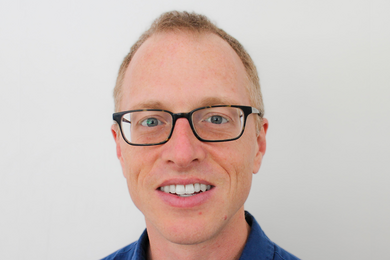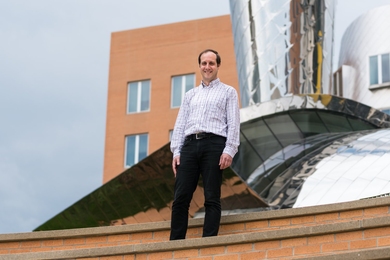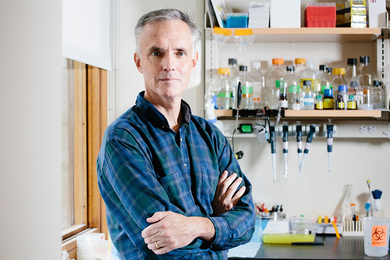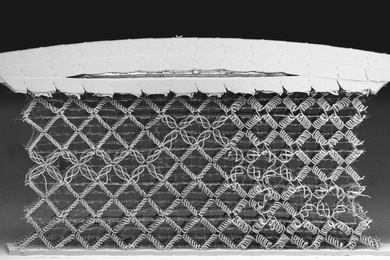Two MIT scientists are among the winners of the 2005 World Technology Awards announced on Nov. 15, and two others placed in the top five in their award categories. The awards honor "the most innovative people and organizations in the science and technology world in 2005." MIT Institute Professor Robert Langer and former MIT visiting scientist Andreas Lendlein won in the health and medicine category. Daniel Nocera, the W.M. Keck Professor of Energy and professor of chemistry, was named to the top five in the energy category. Wolfgang Ketterle, professor of physics, was placed in the top five in the materials category. The awards were presented by the World Technology Network (WTN), a group of nearly 1,000 individuals and organizations from more than 60 countries, in a ceremony at San Francisco City Hall.
Chancellor Phillip Clay was named one of the 100 most important blacks in technology for 2006 by U.S. Black Engineer magazine. The magazine honored individuals whose "stories demonstrate something about the hurdles all minority men and women face, and about the courage it takes to overcome obstacles to rise to the top of professions that do not always welcome new faces."
Michael M. Noga, earth and planetary sciences librarian and collection manager for science at MIT, won the Geoscience Information Society's 2005 Best Paper Award. Noga was honored for his paper examining citation frequencies of conference papers published in earth science periodicals and monographic proceedings, and comparing their usage to that of research articles.
Institute Professor Robert Langer was presented the 2005 Von Hippel Award at a ceremony in Boston on Nov. 30. Langer was chosen for the award, the highest honor of the Materials Research Society, for "pioneering accomplishments in the science and applications of biomaterials in drug delivery and tissue engineering, particularly in inventing the use of materials for protein and DNA delivery."
Senior and Army ROTC Cadet Matthew D. Smith has met all of the Army requirements and standards to be designated as a Distinguished Military Student. To earn this distinction, a student must possess outstanding leadership qualities and moral character, obtain top third military science course standing, and attain an upper half academic standing at his school.
David M. Rosenberg, senior analyst programmer for Information Services & Technology, was elected vice chairman of the Boston Chapter of the IEEE Computer Society for 2006.
A version of this article appeared in MIT Tech Talk on December 14, 2005 (download PDF).





